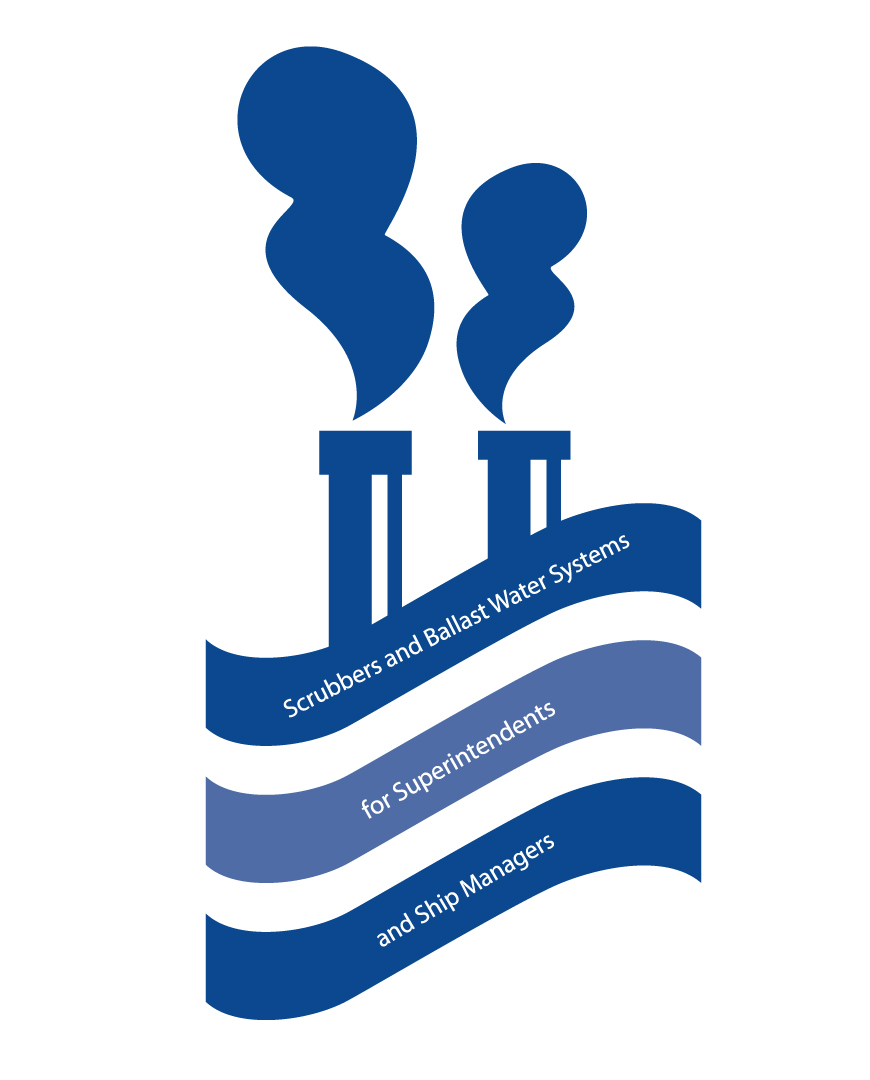Shipping should focus on the human element, says V. Ships president Roberto Giorgi. There is still a lot of work to be done if we want to improve the quality of this industry
“When you are close to reaching the end of your executive career, it is normal to reflect on moments of major changes that affect how the business is operated.
In my experience, the most significant development took place in 1990, when the Oil Pollution Act of America hit the heads of all the owners and operators of tanker vessels like a stone.
It was of particular importance to me, due to the fact I was based in New York, managing a small fleet of tankers.
We, as a team, soon realised and agreed the best place to manage this new, highest risk profile tonnage was from the US, as nobody outside the country fully understood the huge impact this new law was going to have.
The impact of OPA was immediate and, since that time, I believe the quality of vessel operations has progressed overall, with tanker owners becoming more professional.
However, I am also of the belief there is still a lot of work to be done if we want to improve the quality of this industry.
As a shipmanager for all of my career, I have always believed in the importance of the human element, the need to promote a positive image and in the importance of securing a financially sound platform as the basis for ensuring long-term sustainability.
Based on the above, there are to my mind 10 key actions that, as someone who still is very passionate about our industry, I would wish see implemented in the future.
While some people will see some if not all of these as a too aspirational, unrealistic and too simplistic, they are nonetheless worthy of note.
1. First and foremost is an increase in officer cadet training. It is invaluable to allow young people to put theory into practice by providing the opportunity to learn directly on board the way a vessel is operated. Allied to this is the need for incentives for owners to build new ships with more cadet berths and welfare space. Owners implementing this approach should not be penalised by higher tonnage costs but receive some financial benefits. I believe that is a matter for International Maritime Organization action.
2. Reinstating pride and respect for seafarers, especially when they travel abroad. By way of example, airline companies and immigration authorities can easily create preferential fast tracks for the crew at the arrival points and remove restrictions that limit their freedom to go on shore leave.
3. We would enjoy more success if bridge and engine equipment was standardised on the same basis as the cockpit of an aeroplane. Standardisation of manual equipment should also be promoted.
4. Perils at sea are already multiple, without the additional threat of piracy. The UN must reinstate the safety of the high seas and secure the safe trade of commercial vessels. Whatever needs to be done must no longer be a cost for the owners. The West Africa piracy threat needs a different response. UN coastguards patrolling the local coasts could be a solution.
5. Countries that depend heavily on shipping should have a strong government supporting the shipping sectors. It is incredible that our industry is also invisible to some of the politicians governing a country. Without a powerful and informed political presence, it is impossible to design and implement a strong agenda in all matters pertaining to sustainable shipping.
6. We have still unresolved matters related to port of refuge, pilotage liabilities, port discharging facilities. We need to find resolutions that decrease the liabilities to the master and consequently the vessels and owners. We should not see another Prestige case.
7. The KPI project initiated by InterManager should become an industry-wide initiative applied not only to vessels’ owners, but also to all the stakeholders of our industry. More transparency from all the players will match the criteria of establishing a one-playing-field ground.
8. How we can improve the image of our industry if every day we have still misalignment and confrontation between the various trade associations? If we want one voice for the industry, we need a more united and cohesive approach.
9. Quality performance should be compensated properly. Cargo owners, traders and charterers should pay on the basis of owners’ track records, quality and performance indicators.
10. As a final point, the industry should be rid of players that today do not achieve, due to their culture and their performances, the level of excellence required to work in this business. This category does not exclude flag administration, class societies, underwriters and crewing agents not fit for duty.
Hopefully, these reflections offer some food for thought, tabled in the hope that the future of our industry will be better than it is today.”
* Roberto Giorgi has been president of V. Ships since 2005 and was president of InterManager in 2008-2010
For more maritime news see Lloyd’s List Digital

